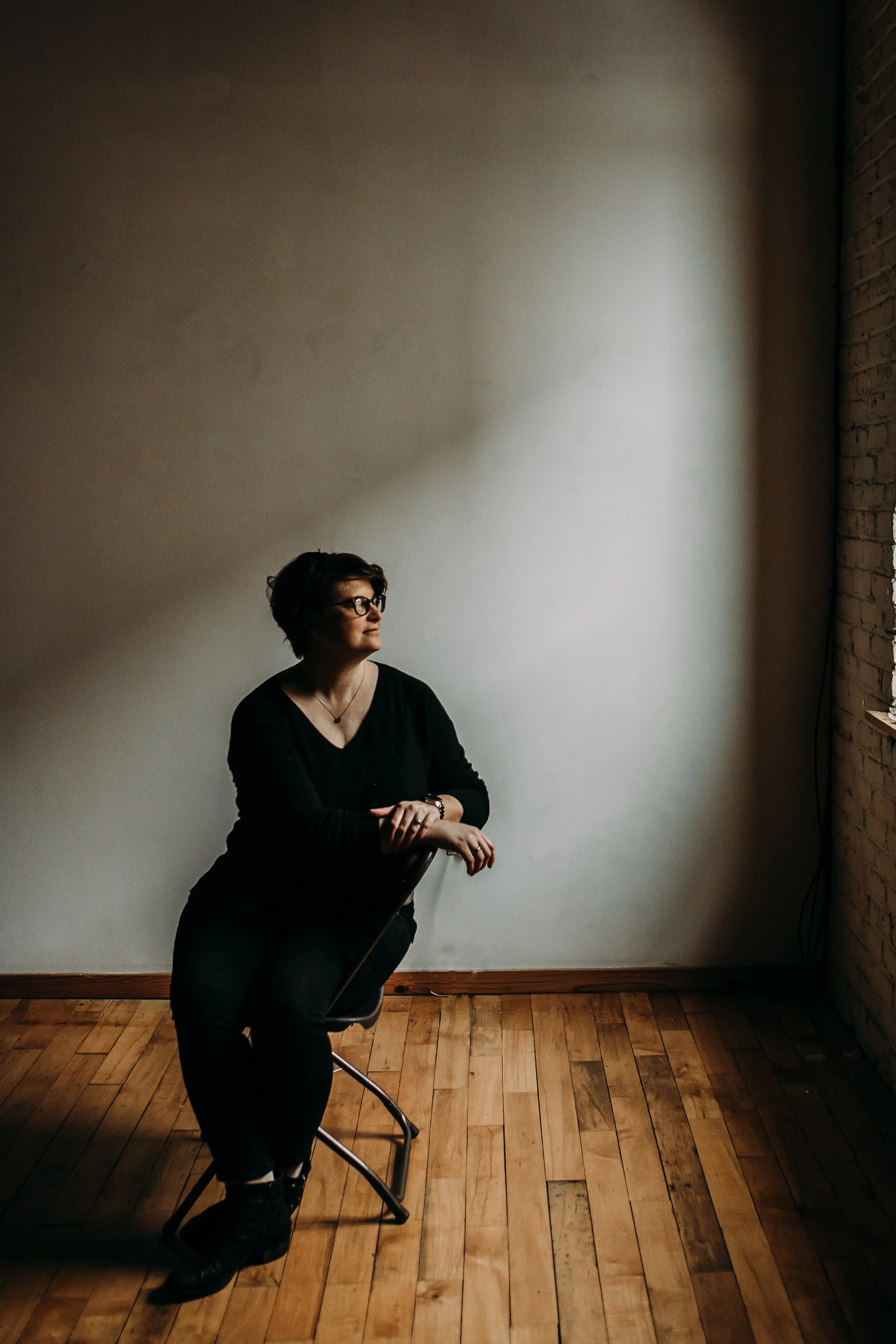This Brave Body: The Kimberly Story
From a mother’s perspective…
How is Juliana ? How is she doing with eating? These are the two questions I am asked the most about my daughter. These questions come from friends and family. I know they are asking because they care, but these are some of the hardest questions for me to answer. It isn’t that talking about her eating disorder is hard for me, although it can be, it is that it is hard for other people. They want to know how she is doing and they want to show support, but they are not sure what to say or how they can help. It can make for an uncomfortable conversation, but it is a conversation worth having. I understand why they feel this way. It was very hard for me to open up to people about my daughter’s eating disorder, but it is important to talk about so I will keep answering questions and doing my best to spread awareness.
A little over three years ago, when my daughter was 13, she took an interest in how food was prepared and what ingredients were in every meal. She wanted to cut out certain foods and became more interested in exercise. All of these changes happened over a matter of months, and while I did question her choices, I chalked it up to her having her own opinions and wanting to be more independent. Once she started to lose weight, I realized we needed to take action and get her help. I was actually out of town on a business trip when I got multiple calls from worried family members. It was a long business trip, and I had not seen her in over a week, but when I got back, I was shocked by the change in her weight. It took me some time to get my head around it all. I didn’t understand how she could have an eating disorder and how I had missed all the signs.
Through an internet search I found the Amy’s Gift website. There was information on therapists and a support group. After a few calls I was able to put a team together that consisted of a therapist, my daughter’s pediatrician and a nutritionist. We also went to the support group every week. We decided to try the Maudsley approach, which is family based therapy and re-feeding and home. It was a long process and easily one of the hardest things I have ever done in my life. However, my daughter is still in recovery and thriving, so thankfully it worked for us. That doesn’t mean everything is perfect and she doesn’t struggle, but because of therapy and the support group, she now has tools to handle any triggers that arise. She also has a group of people she can reach out to.
As a parent, I wanted to help my child, but her eating disorder was very hard to understand. I spent more time than I care to admit blaming myself for not seeing the signs sooner, not getting her help faster and not being stronger when things got really hard. It took therapy and going to support group for me to understand that my daughter’s eating disorder was not my fault. It also took a long time for me to be able to say or type those words. It is easy to blame yourself for something like this, but the sooner you accept that no one is to blame the quicker you will be able to make a plan and move on. You may never fully understand the eating disorder, but you know your child and you are their best advocate.
A few things I would like to share with parents, family members or anyone supporting someone in or recovering from an eating disorder:
This is a marathon not a sprint. It may seem like the eating disorder came on quickly, but there is a lot more to an eating disorder than just the food. Recovery will take time, patience, and a treatment team. My daughter and I are so very grateful to her treatment team, especially her therapist. Without her, I am not sure where we would be. I am not sure if it was luck or fate, but the first therapist we went to was able to connect with my daughter. I have found that this is unusual, so you have to go through a few until you find the right fit. It is best to find someone who you are comfortable with, but will also challenge you and your eating disorder.
There will be times, when your child is deep in their eating disorder that they will say and do things that you never thought possible. During these times you will need patience. The eating disorder is not your child; it is separate from your child. Because of what the eating disorder is telling your child, they will lie and say mean things and hurt themselves. We gave the eating disorder a name. This allowed both of us to separate it from who she was. It was incredibly hard, but also made it so we could hold the eating disorder accountable. Yes, she was listening to what the eating disorder was telling her to say and do, but those voices are so strong and so powerful, I could not fault her. The fact that you are getting this reaction from your child means you are on the right path and the eating disorder is fighting back and trying to take back control.
Consistency is key to helping your child regain their rational mind. The more consistent you can be with meals, therapy, support group and support at home, the better it will be for you, your child and your family. We found that meal prepping really helped with this. I know it can be daunting, but start where you are and work up to what you are comfortable doing. Maybe that is prepping all meals and snacks; maybe it is one meal a day, whatever it is try to do it consistently.
Open up to others about what is going on, I know it is hard to be vulnerable and let people in, but it will help you, the person with the eating disorder, and the people you share your story with. This doesn’t mean sharing your story with everyone, but you need to be able to speak with people about what is going on. I had my mom, husband and some other mothers from the support group that I could reach out to. Eating disorders are very isolating, not only for the person with the disorder, but the family and support system as well. The more we talk about eating disorders, the more we can dispel the myths, educate people and get people the help that they need. You may think that it isn’t your story to tell, but it is. You have a role to play and you deserve to tell it .
The last thing I want to say is recovery is possible.
It will take time, it will be messy, you will make mistakes.
You will want to give up, but you won’t because you are fighting for someone you care about.
Kimberly Laird is a facilitator for the Amy’s Gift eating disorder support group. The support group meets every Wednesday night at the Trinity Enrichment Center 4622 Progress Drive, Suite A, Davenport, IA 52807

